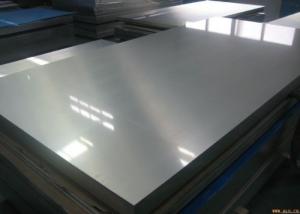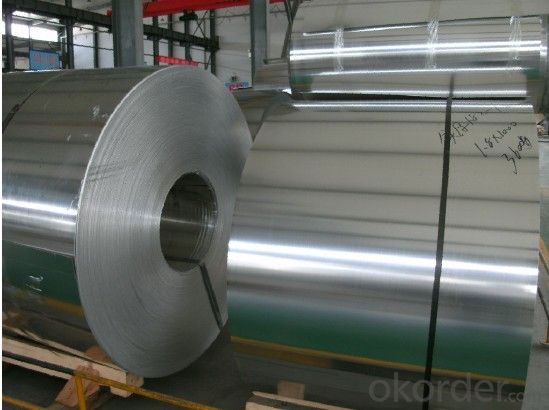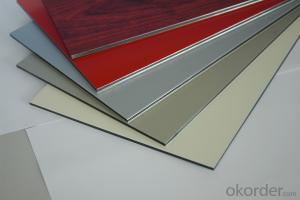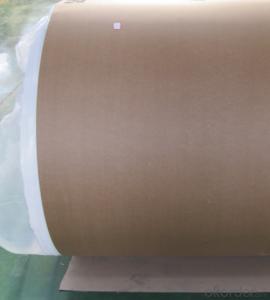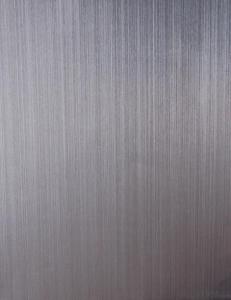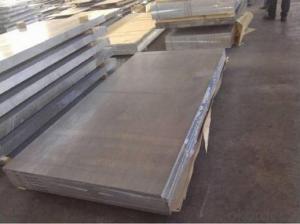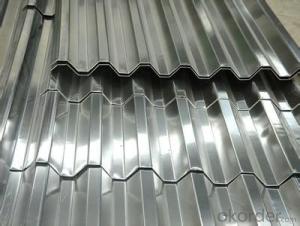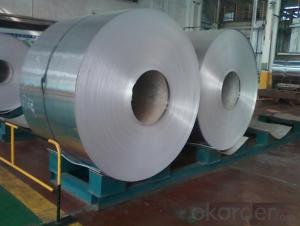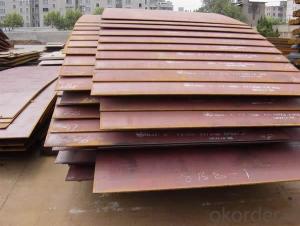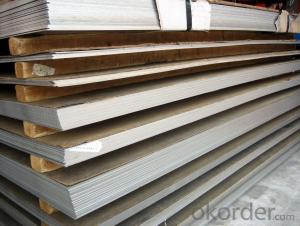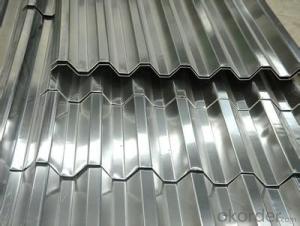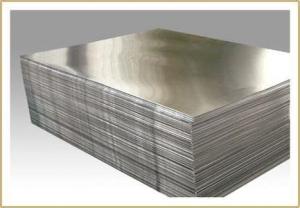Teal Sheets Aluminum Hot Rolling for Shipbuilding
- Loading Port:
- Shanghai
- Payment Terms:
- TT OR LC
- Min Order Qty:
- 80 m.t.
- Supply Capability:
- 50000 m.t./month
OKorder Service Pledge
OKorder Financial Service
You Might Also Like
Specification
1.Structure of Hot Rolling Aluminium Sheet for Ships Building
Hot Rolling Aluminium Sheet for Ships Building is one semi-finished aluminium material. This strip can be rolled down to aluminium coil,sheet,circle ect. The alloy AA1050 is widly used in building, industry ect. Its weight is much lower than steel. So many customers choosed aluminium material instead of steel.
2. Main features of Hot Rolling Aluminium Sheet for Ships Building
a.Competitive price---We have our own mills and can produce mill finished aluminium coils, so we can control the production cost better.
b.Professional after-sale service---We have more than 15 years exportation experience and you need not worry about the exporation problems.
c.Fast delivery time---We can control the delivery time within 35 days.
3. Image
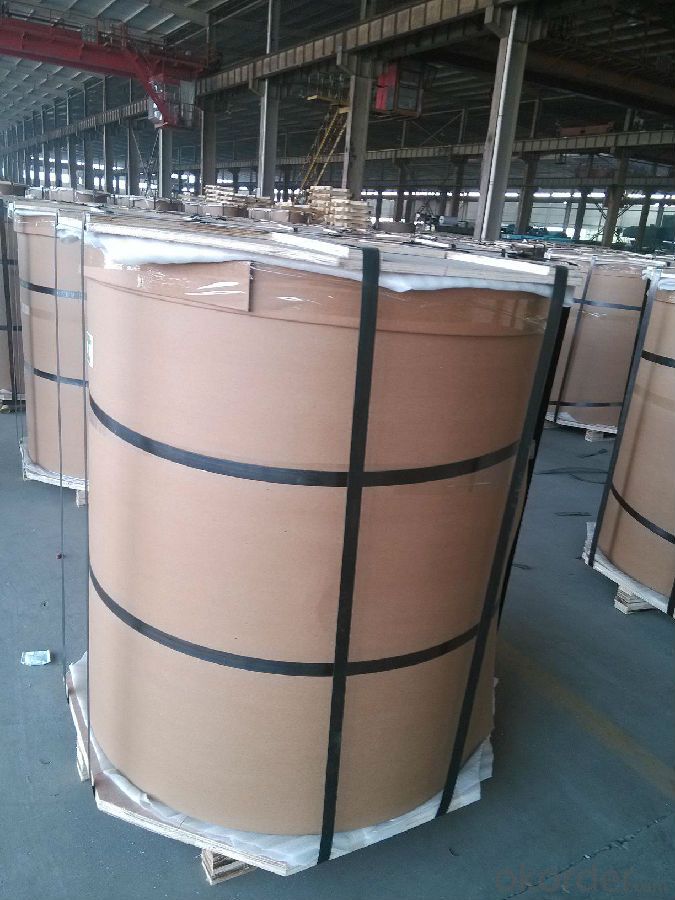
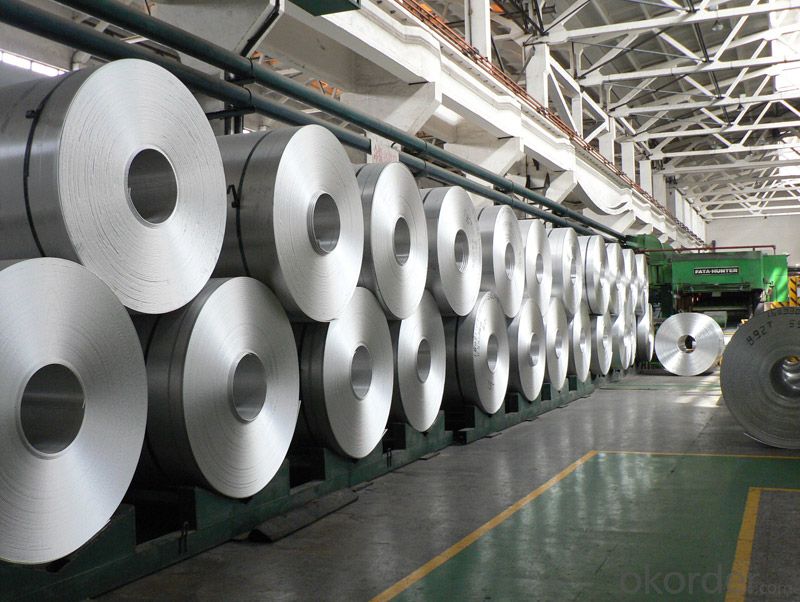
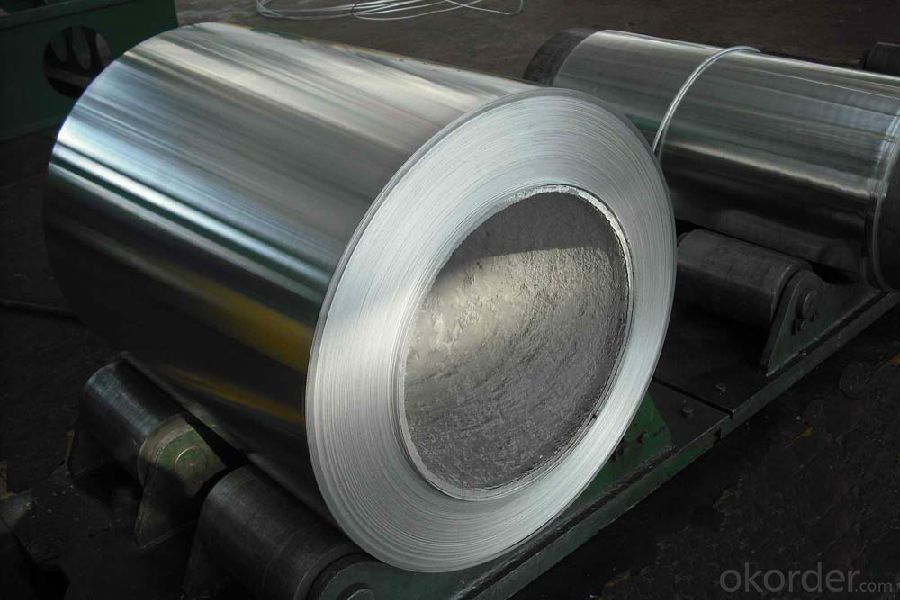
4. Product Specification
| ALLOY | USAGE | SURFACE | THICKNESS | WIDTH |
| AA5052 | SHIPS | MILL FINISHED | 3MM-5MM | 1500MM-2200MM |
5.FAQ:
What is the quality standard?
---Usually our standard is GB3880-2006
What is the largest width?
---It is 2300mm
What is the MOQ?
---Usually we can accept 80 tons.
- Q: Can aluminum sheets be used for protective enclosures?
- Yes, aluminum sheets can be used for protective enclosures. Aluminum is a versatile and lightweight material that offers excellent durability and corrosion resistance. It can be easily fabricated into various shapes and sizes, making it suitable for constructing protective enclosures for a wide range of applications. Aluminum enclosures are commonly used in industries such as electronics, telecommunications, aerospace, and automotive. They provide protection against environmental elements, such as moisture, dust, and electromagnetic interference. Additionally, aluminum enclosures can be further enhanced with coatings or insulation materials to meet specific requirements for thermal insulation, fire resistance, or electrical conductivity. Overall, aluminum sheets are a reliable choice for protective enclosures due to their strength, versatility, and ability to withstand harsh conditions.
- Q: This question asks for methods to ensure that the connections between aluminum sheets are both secure and resistant to water leakage.
- <p>To ensure that the joints between aluminum sheets are secure and watertight, use a combination of sealants and appropriate fasteners. First, clean the surfaces to be joined thoroughly. Apply a high-quality, waterproof sealant along the joint. This sealant should be compatible with aluminum and resistant to UV, temperature changes, and water. Then, use corrosion-resistant fasteners such as stainless steel screws or rivets to join the sheets. Ensure that the fasteners are tightened correctly to prevent leaks. Additionally, consider using a gasket or a weatherstrip along the joint for added watertightness. Regularly inspect and maintain the joints to ensure ongoing watertight integrity.</p>
- Q: Are 101 aluminum sheets suitable for outdoor applications?
- Yes, 101 aluminum sheets are suitable for outdoor applications.
- Q: Can the aluminum sheets be used for manufacturing chemical piping systems?
- Indeed, the utilization of aluminum sheets in the production of chemical piping systems is plausible. Renowned for its remarkable resistance against corrosion, aluminum proves to be apt for handling an array of chemicals. Moreover, its lightweight nature facilitates effortless installation and maintenance procedures. Furthermore, aluminum possesses commendable thermal conductivity, thereby enabling efficient heat transfer within chemical processes. Nonetheless, it is crucial to contemplate the distinctive demands imposed by the chemicals being conveyed and seek guidance from specialists to guarantee the selection of aluminum sheets equipped with indispensable properties and compatibility with the chemicals to be employed within the piping system.
- Q: Can aluminum sheets be embossed or textured?
- Aluminum sheets are indeed capable of being embossed or textured. To achieve this, specialized machinery is employed to press or roll the sheet, thereby creating patterns or designs on its surface. The purpose of embossing or texturing aluminum sheets can be twofold: enhancing the sheet's aesthetic appeal or enhancing its functionality by providing grip or augmenting its strength. These embossed or textured aluminum sheets find widespread usage across different industries, including automotive, interior design, and packaging.
- Q: Can aluminum sheets be used for sign making?
- Sign making can indeed utilize aluminum sheets. The sign making industry favors aluminum for its resilience, lightweight properties, and ability to resist corrosion. It can be effortlessly cut and molded into different dimensions and styles, granting it versatility across various sign types. Moreover, aluminum sheets can undergo painting or coating with vinyl graphics to increase their visual allure, enhancing their ability to attract attention. Ultimately, aluminum sheets present a dependable and economical choice for crafting signs that are both durable and of superior quality.
- Q: Is it possible to use aluminum sheets as an insulating material for walls in new construction projects?
- <p>Aluminum sheets themselves are not typically used for wall insulation due to their poor insulating properties. Aluminum is a good conductor of heat, which makes it unsuitable for insulation as it can transfer heat easily, leading to energy loss. However, aluminum can be used as a vapor barrier or as part of a composite material in combination with proper insulation. For effective insulation, materials with low thermal conductivity like fiberglass, cellulose, or foam are commonly used.</p>
- Q: Okay guys i need to rapir a crack on an aluminum pipe , would durafix do the job ?? If so where can i get this durafix ? at my local home depot ?
- I've only found these type products online or at flea markets. It works quite well after a little practice.
- Q: Are the aluminum sheets corrosion-resistant?
- Yes, aluminum sheets are corrosion-resistant. Aluminum naturally forms a protective oxide layer when exposed to oxygen, which helps to prevent corrosion. This oxide layer acts as a barrier between the aluminum and the surrounding environment, making aluminum sheets highly resistant to corrosion. Additionally, aluminum sheets can be further treated with various coatings or anodizing processes to enhance their corrosion resistance even further. Therefore, aluminum sheets are a popular choice for applications where corrosion resistance is a critical requirement.
- Q: Can you really block thermal imaging with glass or aluminum foil? If not, what can?
- Well, silly! That keeps the space aliens from getting to them! Their brain sucking devices can't penetrate aluminum foil. Seriously, though, it's a redneck attempt to block the direct sun and keep the room from heating up.
Send your message to us
Teal Sheets Aluminum Hot Rolling for Shipbuilding
- Loading Port:
- Shanghai
- Payment Terms:
- TT OR LC
- Min Order Qty:
- 80 m.t.
- Supply Capability:
- 50000 m.t./month
OKorder Service Pledge
OKorder Financial Service
Similar products
Hot products
Hot Searches
Related keywords
